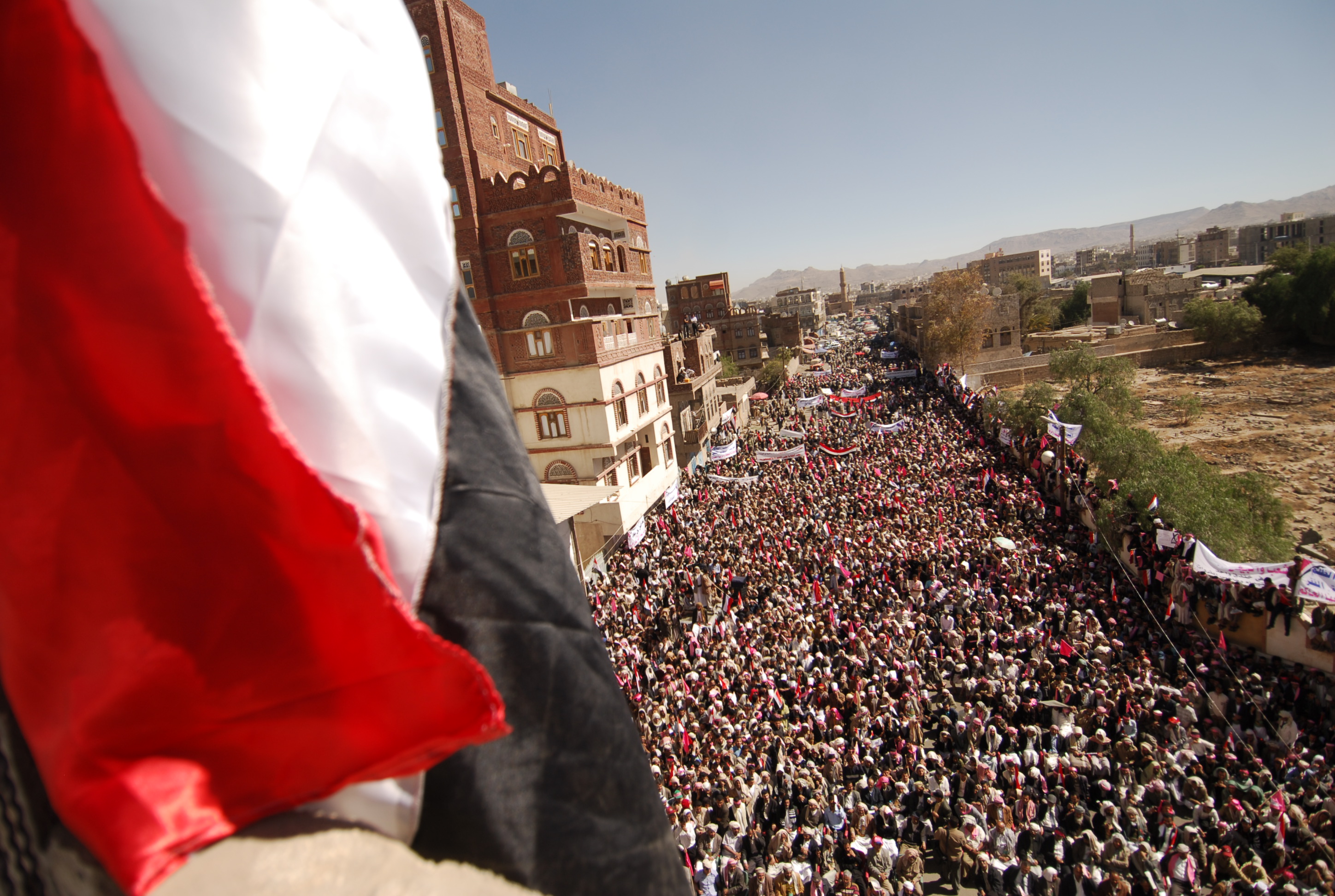
Dr. Trad Hamadeh
A well-known saying on strategy - regarding the relationship between politics and war - goes that war is considered the expression of politics by other means. The (former) French President Charles de Gaulle is also quoted to have said: "the sword of Alexander requires the mind of Aristotle". I put forward these two sayings in order to look into the political results of the war of aggression by the Saud family on Yemen.
I will do this by answering the following questions, which come after over two months of the ’Decisive Storm’ (operation). (I will ask) what political objectives has the Saud family achieved in Yemen, and what will come out of the Geneva Conference? Will there be a reflection in politics of the balance of military power on the ground?
Is there in the contemporary world, an army that is armed to the teeth with the most advanced types of weapons, that bombs cities, villages, places of worship, social and economic institutions, water infrastructure, electricity, industries and markets, bridges, government buildings, religious centers, and deep rooted heritage, (and all this) is met with a steadfast, patient, calculated people, that believes in the justness of its cause, and in its ability to respond to the aggression, and it has continued to carry out its duty of liberating the provinces of Yemen from the control of the Takfirist terrorists?
In addition (the Yemeni people) face through the guerrilla warfare of tribes and clans, run-down Saudi forces stationed on the border between the two countries, all under the gaze of the human conscience of all peoples of the world, who are saying quit playing with the fate of humanity, and stop indulging in the insane killing and destruction.
This description, which is loaded with sympathy for/and solidarity with the brave people of Yemen, explains using the language of the balance of power, that the reality on the ground does not indicate clear military developments in favor of the aggression. On the contrary, it shows many gains for the Yemeni people in their resistance towards this aggression.
This was something expected, after the Western-American-European armies, along with the army of the Zionist enemy, tried their hands in waging clean wars, which meant carrying out the following the strategic plan:
Photo: The Saudi Aggression on Yemen
- The use of all-out force in offensive war, while disregarding two issues:
It is well known that the use of force in war differs from the possession of force, meaning that many armies have enormous power, but there are restrictions on the use of this force, including those relating to the nature of the war and the forces participating in it, the existence of military pacts, the rules of engagement , the objectives of the war, and a commitment to certain ethical standards in war.
- The use of the air force and strategic, smart missiles
- Keeping the ground forces outside the battle, and sending them in when required using highly-trained special forces
Saudi Arabia did not abide by these rules of clean war, except for the (rule of) continuous aerial bombardment of all targets, including targets that were already bombed.
Corresponding to the use of warplanes and indiscriminate shelling, was the inability to exploit the results of this bombardment in the movement of allied troops on the ground, and so defeats continued for:
The attacking forces could not enter into even one city or village lying in the governorates of Yemen, and they do not have the ability to enter by land, or via sea or air, to such an extent that Saudi forces are unable to protect their own border from the attacks of the Yemeni resistance.
In the face of this aggressive strategy was a counter strategy that can rightly be called ’strategic patience and competent resistance, national unity, and the ability to put forward and bear sacrifices’. Therefore, steadfastness and strategic patience has achieved amazing results on the military level, which deserves to be the subject of study by strategic military experts. As for the political results - to be continued.